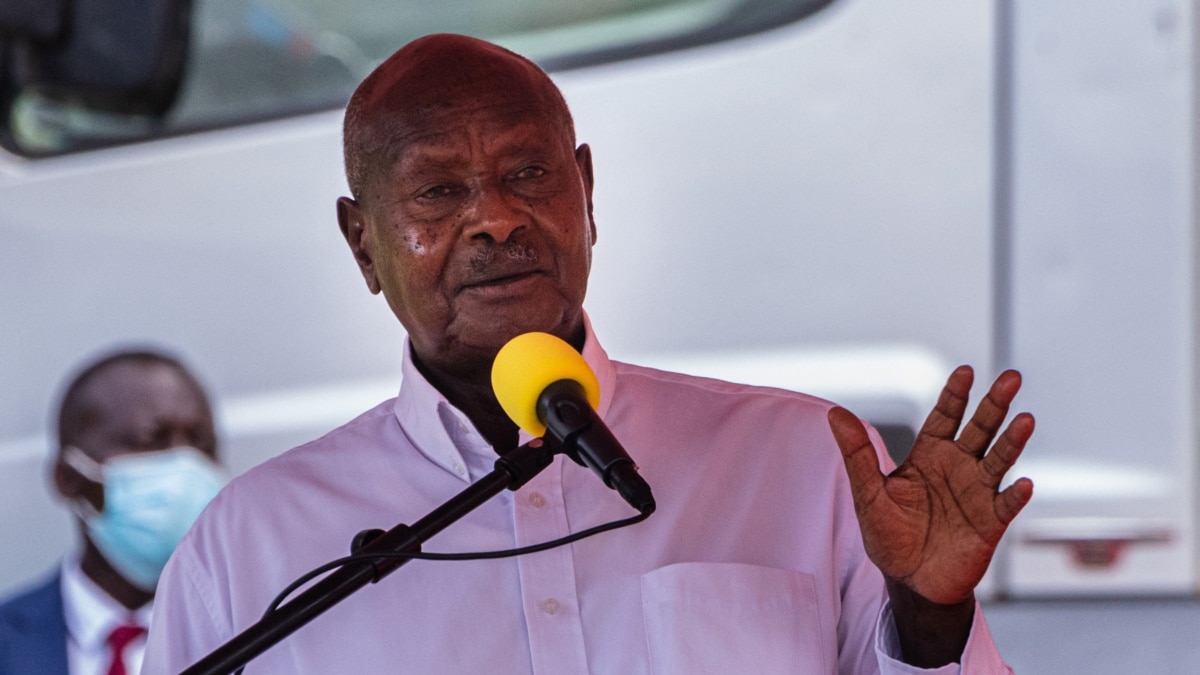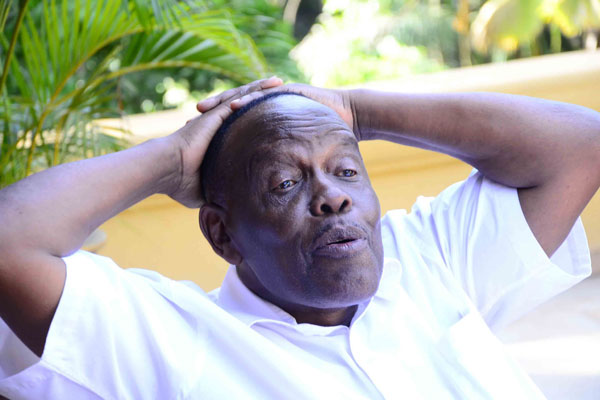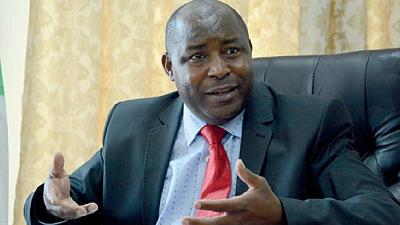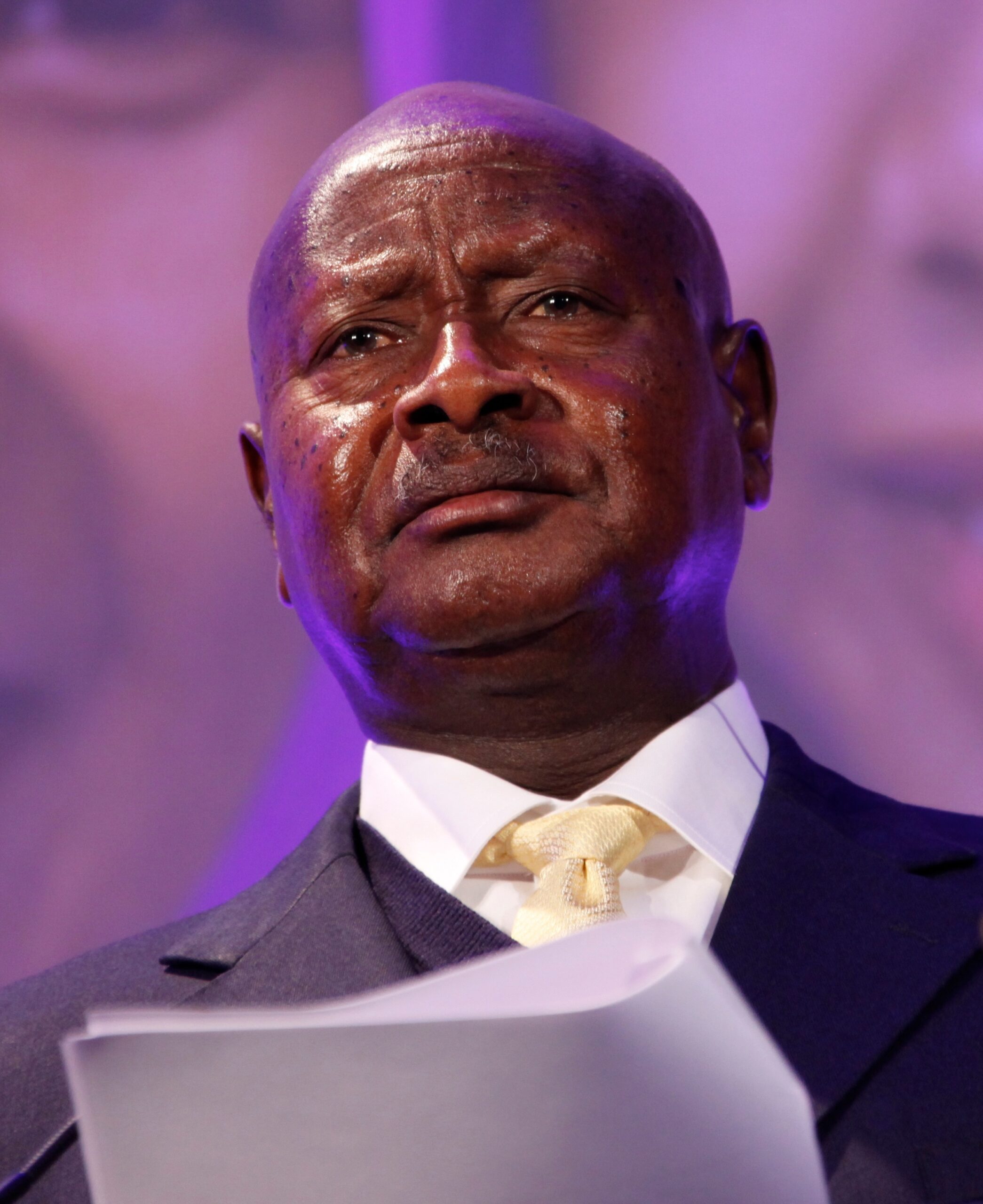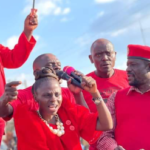Former Burundian President Peter Pierre Buyoya is dead. He breathed his last on December 17th at the age of 71.
Buyoya led Burundi twice from 1987 to 1993, and from 1996 to 2003 died this Thursday. The cause of death was not immediately clear. However, some of his family members who spoke to VOA on Thursday said he may have been “infected with the Coronavirus.” Major Pierre Buyoya dies at the age of 71.
Before his death, Buyoya served as High Representative of the African Union for Mali and the Sahel.
He had been battling court cases in Burundi until he was convicted in absentia to life imprisonment for the murder of his predecessor Melchior Ndadaye in 1993.
Three weeks ago, he resigned as the special envoy of the African Union in Mali and the Sahel region. Retiring, he said he did so in order to get the right time to pursue the case that had recently been handed down by the Burundian Supreme Court in the Melchior Ndadaye murder case.
Buyoya rejected claims of murdering his predecessor Ndadaye.
Melchior Ndadaye was Burundi’s first democratically elected president and was assassinated in October 1993 in a military coup that would lead the country into a civil war between the army and rebel groups opposed to government leading to 300,000 deaths until 2006.
Ndadaye had succeeded Buyoya, carried by the army in power in 1987 and who became president again in a new coup between 1996 and 2003, before handing over power to Domitien Ndayizeye, a Hutu, under a peace agreement signed in 2000 in Arusha (Tanzania).
Buyoya was convicted of “attack against the head of state, attack against the authority of the state and attack tending to bring about massacre and devastation”, according to the text which only contains the operative part (conviction and sentence) of the decision handed down by the Supreme Court.
The name of Pierre Buyoya had already been cited in connection with this assassination, without the beginning of any proof being provided.
Eighteen senior military and civilian officials close to the former head of state were sentenced to the same sentence, three others to 20 years in prison for “complicity” in the same crimes and only one, the former transitional Prime Minister, Antoine Nduwayo, was acquitted.
According to Buyoya, the trial was conducted “in violation of the Arusha Accords” and was neither “fair” nor “equitable” as the rights of the defence were allegedly violated.
![]()


